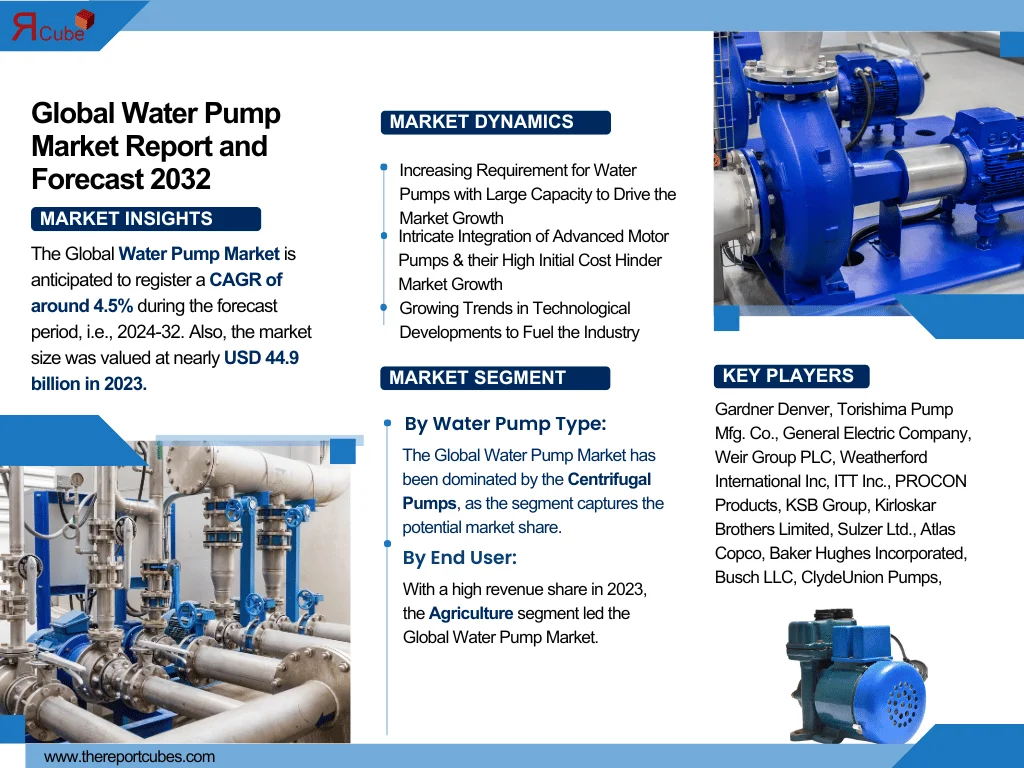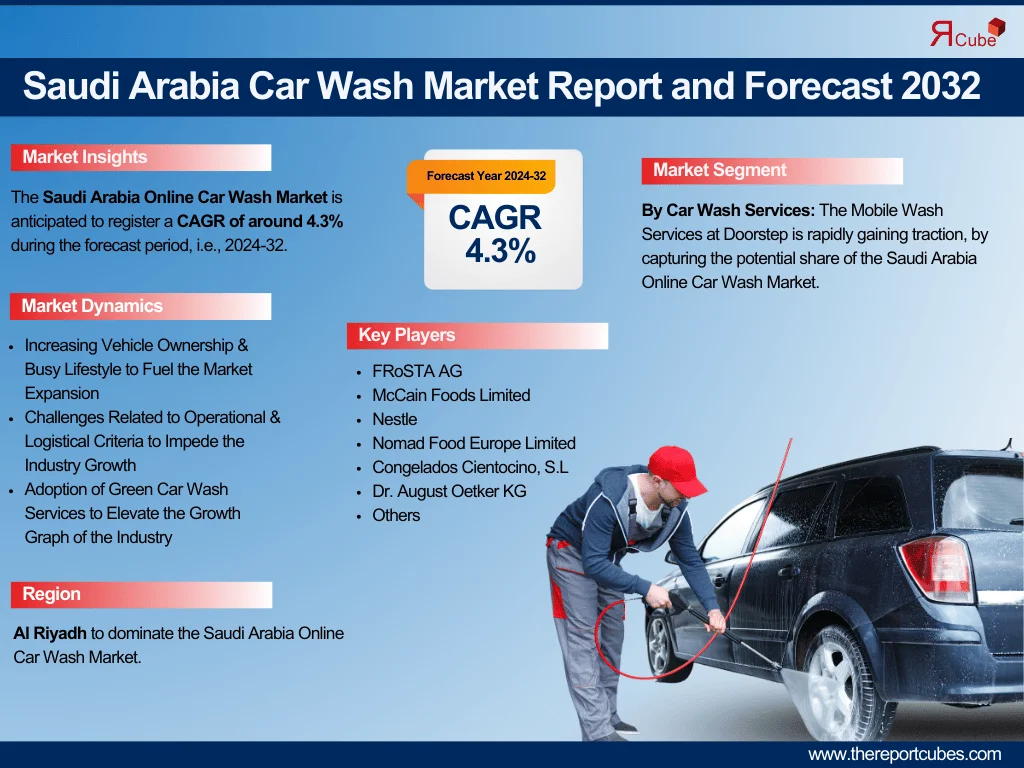The future of ERP software in Saudi Arabia is set to experience transformative changes driven by the rapid advancements in technology. As businesses in the Kingdom strive to enhance operational efficiency and adapt to a digital-first world, ERP software is evolving to meet these needs. Trends in ERP software, such as artificial intelligence (AI), machine learning, and mobile accessibility, are making it more powerful and user-friendly. These innovations are enabling businesses to automate routine tasks, improve decision-making, and gain real-time insights, offering a competitive edge in a dynamic market.
Trends in ERP software will continue to focus on integration with emerging technologies like the Internet of Things (IoT), blockchain, and cloud computing. These developments will provide Saudi Arabian businesses with real-time data, enhanced security, and scalable solutions that can adapt to changing needs. As companies embrace these future trends, ERP software in Saudi Arabia will play a pivotal role in helping businesses streamline operations, reduce costs, and drive growth in an increasingly digital economy.

Here are some Future Trends in ERP Software for Saudi Arabian Businesses
1. AI and Machine Learning: Enhancing Efficiency and Decision-Making

Artificial intelligence (AI) and machine learning have become essential components of modern ERP systems, providing advanced data analytics, automation, and predictive insights. AI can streamline routine tasks, such as processing invoices and managing inventory, allowing employees to focus on more strategic activities. For Saudi Arabian businesses, AI-powered ERP software can also improve decision-making by analyzing vast amounts of data to identify patterns, trends, and potential risks. Moreover, AI-driven insights can help enhance the customer experience by predicting customer needs, leading to more personalized services and products. As AI technology continues to advance, its role in ERP systems will become even more influential, enabling businesses to operate with greater agility and precision.
2. Mobile ERP Solutions: Supporting Remote and On-the-Go Work

As remote and flexible work arrangements become more common in Saudi Arabia, mobile ERP solutions are quickly becoming a necessity. Mobile-friendly ERP systems allow employees to access important data, manage tasks, and collaborate with team members from any location. This mobile functionality is particularly valuable for sales teams, field service workers, and executives who may need access to real-time information while on the move. By providing secure and efficient mobile access, ERP software helps businesses maintain productivity and responsiveness, regardless of where employees are working. In the future, mobile ERP solutions will likely become standard for businesses across various industries in Saudi Arabia, ensuring that employees stay connected and informed.
3. Improved user experience: prioritizing intuitive design

User experience is a crucial factor in ERP adoption, and future trends indicate that intuitive design will become a top priority. Many traditional ERP systems have been complex and challenging to navigate, leading to frustration and reduced productivity. However, modern ERP solutions are focusing on simplified interfaces and user-friendly features to ensure that employees at all skill levels can easily operate the software. For Saudi Arabian businesses, a more accessible user interface can help maximize the efficiency of ERP solutions, reducing the need for extensive training and allowing employees to quickly learn and use the system. As ERP software continues to evolve, enhanced user experience will drive higher engagement and effectiveness in daily operations.
4. Integration with IoT: Accessing Real-Time Data for Enhanced Operations
The integration of ERP systems with Internet of Things (IoT) devices offers Saudi Arabian businesses real-time access to valuable data, facilitating more informed decision-making and streamlined operations. IoT devices, including sensors and smart equipment, generate valuable data. This data can be fed directly into ERP systems to monitor equipment health, track inventory, and optimize supply chains. This integration helps businesses improve resource utilization, reduce operational costs, and minimize downtime through predictive maintenance. For example, in manufacturing and logistics, IoT-ERP integration provides real-time data on machinery status or location. This enables proactive maintenance and improved inventory management. This real-time data accessibility will be increasingly essential for companies looking to optimize productivity and efficiency.
5. Blockchain Technology: Enhancing Security and Transparency
6. Cloud-Based ERP Solutions: Emphasizing Cost-Efficiency and Scalability
Cloud computing continues to transform ERP systems by offering businesses in Saudi Arabia increased flexibility, cost savings, and scalability. With cloud-based ERP solutions, companies no longer need to invest in costly hardware or manage complex IT infrastructure. Instead, businesses can access ERP software online, paying only for the services they use. This cloud-based approach makes ERP solutions more accessible to small and medium-sized enterprises. These businesses can easily scale up or down as their needs change. Additionally, cloud ERP systems provide seamless updates, ensuring companies stay current with the latest features and security enhancements. As a result, these solutions are increasingly the preferred choice for companies seeking cost-effective and adaptable options.
7. Context-Aware Functionality: Anticipating User Needs
One of the most innovative trends in ERP software is the inclusion of context-aware functionality. By leveraging AI and machine learning, context-aware ERP systems can analyze a user’s behaviour, preferences, and environment to anticipate their needs and present relevant information. For example, when a manager checks sales data regularly, the ERP system can automatically display the information at the specified time. This feature boosts efficiency by saving time on data searches, enabling users to focus on critical tasks. For Saudi Arabian businesses, context-aware functionality can enhance productivity and create a more personalized user experience. As a result, ERP systems become even more valuable and user-friendly.
Conclusion
Trends in ERP software are reshaping Saudi Arabia’s business landscape. These innovative tools help improve productivity, streamline operations, and adapt to market changes. With the integration of artificial intelligence, machine learning, and cloud computing, companies in Saudi Arabia will benefit from enhanced decision-making and real-time data insights. This leads to more efficient workflows and better business outcomes. These ERP software trends are improving operational efficiency. Additionally, they improve customer experiences and, in turn, boost business agility. This leads to greater flexibility and responsiveness.
By embracing these advancements, ERP software in Saudi Arabia will continue to be a key enabler of business transformation. With the rise of IoT, blockchain, and mobile capabilities, ERP systems will become more intuitive, secure, and scalable. As ERP software trends evolve, Saudi Arabian businesses can expect technology to play a central role in driving growth, enhancing competitiveness, and ensuring long-term success.



